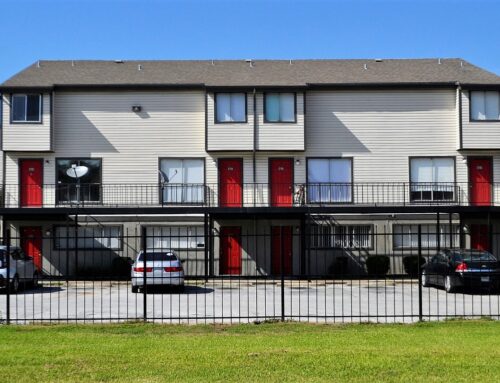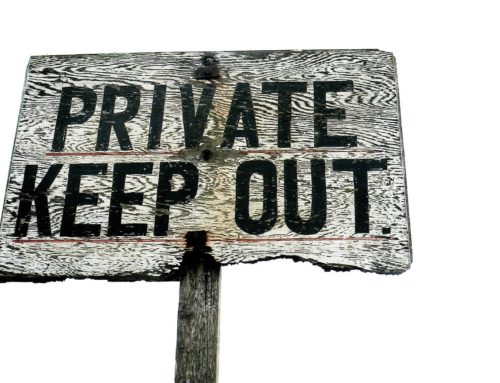Few things can cause property owners to get more riled up than if people are wrongfully accessing their property. When it comes to Florida real estate, the problem can get even more complex, as beach and golf course easements are common. When property owners cannot resolve the issue on their own, they often look to the legal process to gain relief. Still, while some easement and access issues are likely to end up in court, many of these types of disagreements are successfully negotiated.
Essential Access to Real Estate Property
Access to real property is crucial to that land’s value.
Property that is afforded no access from a public thoroughfare is not considered desirable in most cases. If you buy one of these “landlocked” parcels of real estate, you have no way of gaining access to that property unless you are granted a right-of-way or easement to cross the land surrounding the parcel. Without an easement, you cannot cross your neighbor’s land, and you should never purchase land without knowing how that permission will be given.
A landlocked property is not the only reason that easements may be needed, however. A utility easement is common, as utility companies may need access to your land to perform maintenance or installation on utility lines. The county may require the landowner to grant access to part of your land to maintain or install sewer lines or to widen the road. Easements and rights-of-ways give permission to non-owner parties to access your land legally. Even though easements and rights-of-ways are similar in some ways, there are important differences.
Definition of an Easement
An easement is defined as a nonpossessory interest in another person’s property. Easements permit the right to use the property for a specific purpose, such as walking out to the beach. However, an easement does not transfer any ownership of the property . There are several different types of easements recognized in Florida. Easements are typically conveyed in a deed or other written legal instrument. The use of the land is deeded to the grantee, but title (possession) to the land is not transferred. To minimize disagreements, the easement should be precise and detailed.
• Easement Appurtenant – This agreement is set up between landowners who will enjoy mutual benefit from the access. A commercial parking lot is a common form of such an easement.
• Easement in Gross – This easement grants access to the property for a specifically named purpose, such as maintaining utility lines.
• Easement by Prescription – These easements are granted if continued use has occurred over the period of 20 years without objection.
• Easement by Way of Necessity – This easement is often used for landlocked property, and may include a driveway or gate on the surrounding property.
• Access Easements – Access easements are common in the Sarasota area, as they allow people to cross property, such as pathways to the beach between two homes.
• Solar Easement – This easement grants access to maintain any solar energy devices which may be present.
Definition of Right-of-Way
A right-of-way also gives access to another person’s property, similar to an easement. However, a right-of-way does not provide for “use” of the other person’s property, but rather to simply pass over that property. Rights-of-way are for travel purposes across the land, such as a driveway or a walkway. They do not permit usage of the land for any other purpose.
Common Legal Disagreements
It is easy to see how disputes may arise regarding the use of an easement or right-of-way. Some of the common issues and disputes include:
• Disagreements on the intended scope of use
• Restricting access or relocating the easement or right-of-way
• Disagreements on the exact boundaries of the right-of-way or easement
• Overuse or misuse of the access
• Transfer of the right of way due to property sales
If you have purchased a property with a right of way or easement and have questions regarding premises law, call the experienced attorneys at Probinsky & Cole. We have the knowledge and expertise you need to resolve your dispute professionally.








